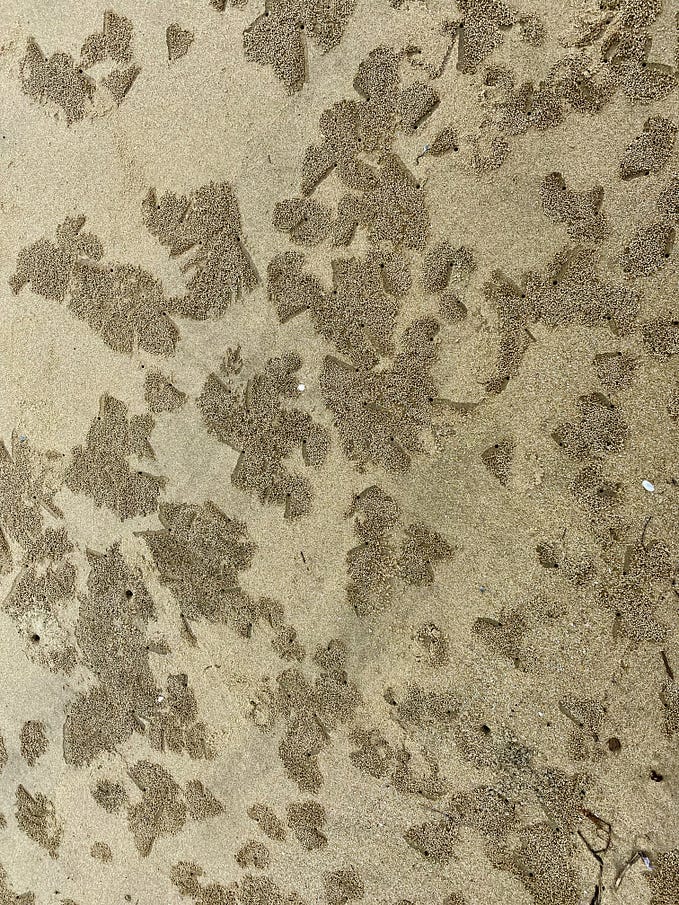An ode to materialism

Socrates is supposed to have said, looking at the things in the marketplace, “How many things there are which I do not need!”.
Perhaps he made a trip to the market dutifully every day to look at things he did not need. After reading about this, a friend and I used to make similar trips to the market. We were young and believed that we would never fall prey to the retail pleasures of the modern world.
But Socrates did not know about retail therapy and how buying things keeps the market economy healthy. He must have turned in his grave at the invention of plastic and the advent of the ‘use and throw’ culture.
As we all know, a ‘use and throw’ culture drives extreme consumerism. It also leads to a rapid churn of items ranging from toilet papers to mobile phones, leading to more waste. It depletes the natural resources that were spent in producing these.
We are now being told to love our material things more for the love of the earth and to conserve its resources. We can only longingly yearn for the lost era of quality produce, where craftsmanship and durability were the norms.
What are the things that I do not need?
I wrote my high school board exams with a fountain pen that was 10 years old, well- maintained and treasured by my mother. Though transistor radios were popular in the ’80s, we had an analog valve radio that had been working for more than 25 years. My reading desk was a teak-wood table that was 30 years old.
I am sure you have similar stories and memories of your cherished items.
It is nice to think of an era where all items ranging from a fountain pen to a motor car were built to last. People were proud to maintain them well and for long. By using these long-lasting items, we made sure that we didn’t buy newer, cheaper items in their place.
‘Vintage’ is something that we have now forgotten, except for some fine wines.
We moved to a new house recently, and I was appalled at the amount of junk we had accumulated over the years. Is this the new business as usual? What was the purpose of buying things that we did not want? Of saving anything that we would never touch or use for years together? If one household can generate this amount of waste, it was mind-boggling to think of the scale of garbage generated by people in a community, town, etc.
The unease still rankles.
Conscious consumerism is crucial in this time and age. So much so is the idea of downscaling. I envy some champions of downscaling who can spread out all of their earthly belongings on a 4' X 4' table.
But old habits die hard. We are now involuntarily a cog in the scheme of things that promotes churn. Thankfully, my children are good at calling me out when my actions and words do not match. And that is the point of teaching the young ones.
We must resist the new-age wants and stick to needs. We could take Socrates’ help in doing this. For the next time, we visit a marketplace, we may do ourselves and the world a favour by meditating on this:
“What are the things that I do not need?”









